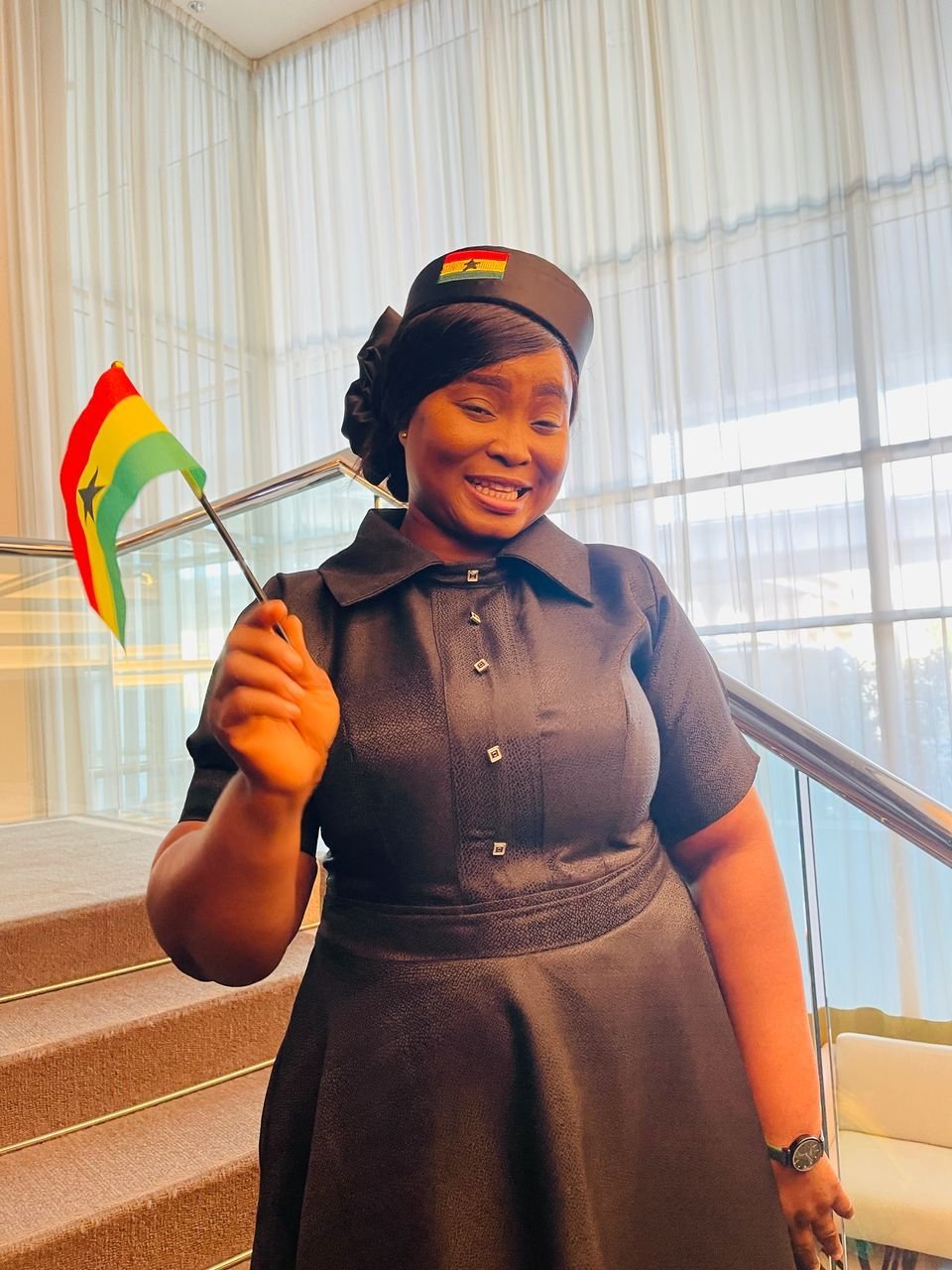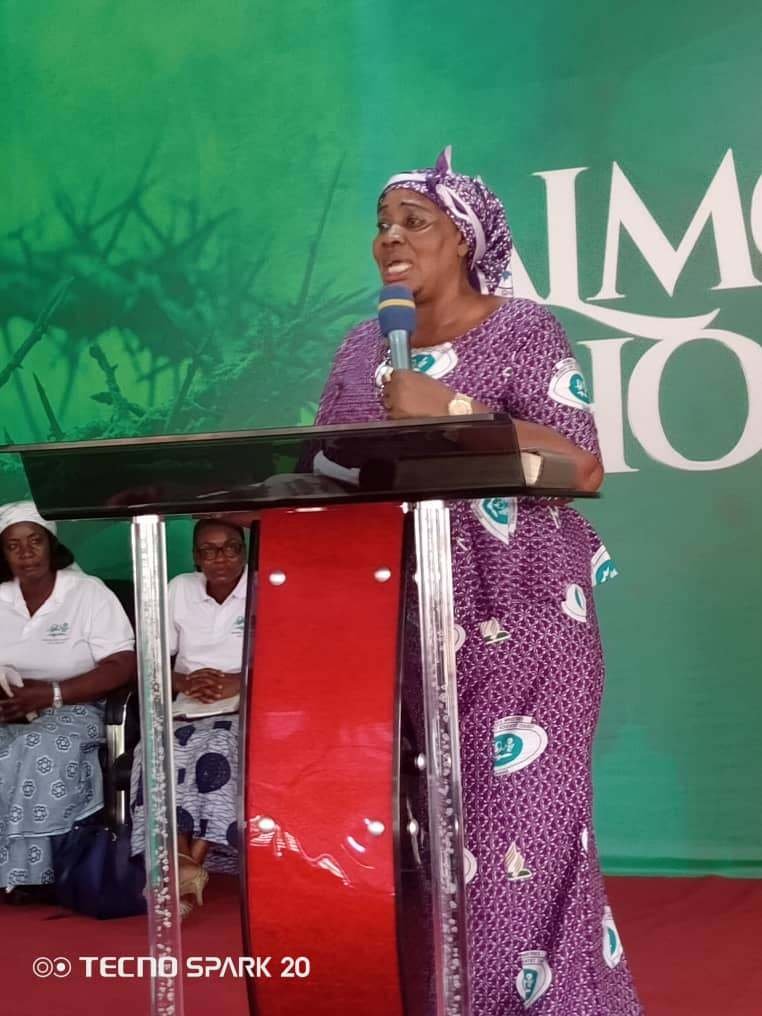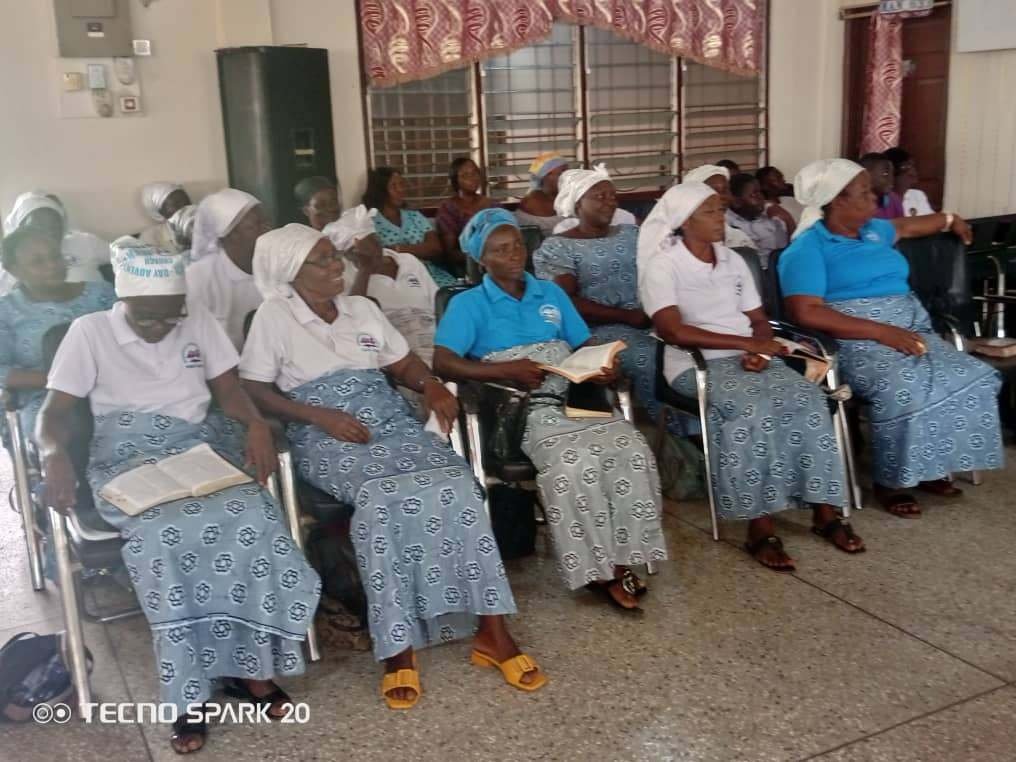Gender
COVID-19 and matters arising

The corona virus pandemic has really wreaked havoc in the world, causing many deaths and making others sick and putting a huge burden on healthcare systems.
Luckily, a number of vaccines have been developed and are being administered to people in various countries to help control this deadly disease which has now become an albatross around our necks in the world.
Keeping safe
Everybody is doing their best to keep safe. People are managing with the “new normal” regarding the safety protocols such as social distancing, not hugging or shaking hands, wearing of masks, regularly washing of hands or using hand sanitisers, etc.
The need to adhere strictly to the safety protocols has become even more necessary because of the different variants of the virus and how they are spreading quickly. According to health experts, a number of different variants of the corona virus are now circulating around the world.
There are many reports where people have accidentally become infected after all their diligence with the safety protocols. You never know, actually.
Boosting one’s immunity
Health and nutrition experts have been advising on the need to boost one’s immune system with healthy foods rich in vitamins, exercises or physical activities to keep the body strong and help to fight sickness.
A good immune system, it is said, helps to fight the virus and prevents it from doing damage to our health. We are advised to eat leafy greens such as spinach, and other foodstuffs such as fruits and vegetables that are rich in vitamins, zinc, and other immune boosting nutrients.
Our own kontomire and other greens used for soups and stews are very healthy. These days because I cannot get kontomire here (Finland). I use spinach to prepare green kontomire-like soup. I enjoy the more of this and other foodstuffs, such as plantains (I usually mash the plantain into an oto with smoked dried fish to give it an aromatic touch, accompanied with slices of avocado pear, which I eat straight from the apotoyewa).
A friend here recently told me that in their home they had made it a point to eat salad (with other vegetables) every Saturday morning. No room for complacency oo.
Why I will get vaccinated
Luckily, a number of vaccines are being administered to people in many countries to help control this deadly epidemic which has now become an albatross around our necks in the world.
I cannot wait to receive my vaccination. Some friends elsewhere have taken the first and second shots and are doing okay. They are so elated to have had that opportunity.
Ghana has taken delivery of its initial vaccines recently and has started administering. That’s good.
According to key health institutions and experts, vaccines are an important part of stopping the spread of COVID-19 as they reduce the severity of the symptoms in case one becomes infected.
This is one important reason I will not delay at all to take the vaccine. I will take it sharp, sharp. Again, who knows what happens should hoarding set in or if demand for the vaccines exceeds supply at a point in time? That means it will then become difficult to get vaccinated. A word to the wise…
The conspiracy theories
It is sad that there seems to be vaccine hesitancy in Ghana because of conspiracy theories, cynicism, ignorance, and worse of all, sheer mischief by some people. All this has resulted in casting doubts about the efficacy of the vaccines brought to Ghana and other African countries.
Some people think the vaccines for African countries are different from the ones for the Western nations; therefore, the ones brought to Africa could be dangerous and meant to depopulate the Black race. Some have even claimed without any proof that the vaccines would leave people with sexual dysfunction.
Such conspiracy theories remind me about HIV/AIDS. Conspiracy theories were rife about the disease in Africa with some people claiming that HIV/AIDS had been created in laboratories in the West to kill Blacks, that it affects only urban dwellers, etc.
In the end, HIV/AIDS saw many infections and deaths in Ghana and other African countries. Sub-Saharan Africa actually remains the most affected region in the global HIV epidemic and bears more than two-thirds of the global HIV burden, according to the UNAIDS.
Increasing the education
There is the need to intensify education about the vaccines to help control COVID-19. The key stakeholders—government/state institutions, health authorities, religious leaders, traditional authorities, non-governmental organisations in Ghana should all come in even more strongly than before to educate people in our localities. The media should be one of the leading groups in this endeavour.
Finally, let’s all follow the safety measures, especially the wearing of masks. Let the authorities constantly drum it home to us to help control the virus. Thank you!
The writer is a Ghanaian lecturer at University of Helsinki, Finland
Gender
Faith Dzakpasu receives huge global recognition

Ghana’s 2023 Best Teacher, Faith Aku Dzakpasu, has been named in the top 50 shortlist for the GEMS Education Global Teacher Prize.
Organised by Varkey Foundation in collaboration with the United Nations Educational, Scientific and Cultural Organisation (UNESCO), the award is given to an exceptional teacher making significant impact on students and the community.
She was selected from over 5,000 nominations and applications from 89 countries across the world.
Now in its ninth year, the one million dollars Global Teacher Prize is the largest prize of its kind.
She made the mark following an incredible teaching philosophy which focuses on innovative and inclusive strategies tailored to meet the diverse needs of students.
She also employs research-based methods like Layering Text, Cross Text Analysis and tools such as ChatGPT to simplify complex concepts.
Speaking to The Spectator in Accra on Monday, she explained that her classroom fosters creativity, active participation and hands-on learning, integrating digital tools like Canva and 3D modelling software.
“I have also established centres for supporting students with learning disabilities and offers creative modules to help all learners succeed, regardless of their challenges,” she stated.
“Being selected for this award is a remarkable milestone in my teaching journey as I look forward to impacting on children and society at large,” she stated.
She encouraged teachers to be committed to their duty and go the extra mile to impact knowledge into children.
“We must continue to find new way to make teaching and learning more flexible and understandable,” she stressed.
“Visually engaging classroom designs and inclusive methods would consistently boost attendance, confidence and academic performance,” she explained.
On her own, Mrs Dzakpasu founded the Street School Project, bringing education to street children and the Creative Aid Agenda, which has trained over 4,200 individuals in entrepreneurial skills like biodegradable paper bag crafting.
She also established the Mother of Many Missions orphanage project, supporting orphans with essentials and education. Her “Reinventing Behind Bars” initiative empowers incarcerated women with self-care and reintegration tools.
Ms Dzakpasu, is a teacher at Doblo Gonno Methodist Basic School in the Ga West Municipal Assembly in the Greater Accra Region.
By Jemima Esinam Kuatsinu
Gender
SDA Women’s Ministries observe International Day of Prayer

The Women’s Ministries Department of the Seventh-day Adventist (SDA) Church observed the International Day of Prayer on March 1 at various SDA churches across the country.
The event, held on the theme ‘Reach Out,’ was aimed to empower women to spread the gospel, hope, kindness, and compassion to those in need.
Delivering the sermon at the New Life SDA Church last Saturday, Dr Mrs Cecilia Agyei Darko, former Acting Principal of the SDA College of Education (SEDACOE), encouraged women to stand firm in their faith because God allowed them to go through tribulations and trials to strengthen their faith in Him.

According to her, there would be times in their lives when they might lose a dear one, but even in those difficult times, they must still be thankful to God.
The former Acting Principal encouraged the women to reach out to the poor and vulnerable, and share their testimonies to inspire others.
Dr Darko, therefore emphasised the need for the women to carry with them a renewed sense of purpose and a commitment to reach out to those in need.
As part of the programme, the women also lifted prayers for the nation and for leaders who would prioritise the welfare of citizens.
They also thanked God for a peaceful election.
The International Day of Prayer served as a powerful reminder of the importance of faith, hope, and compassion in the face of adversity.
By Linda Abrefi Wadie







